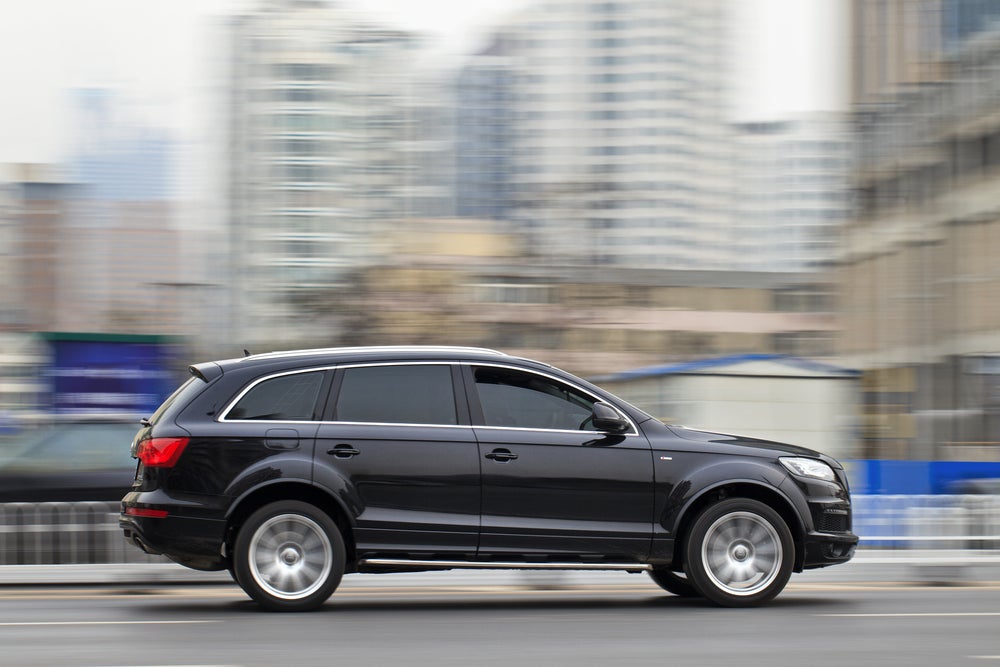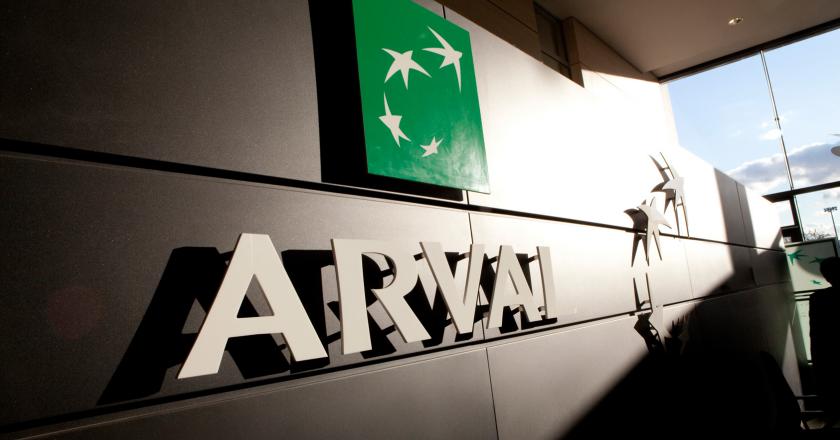Nissan Motor has announced plans that it will remarket used
lithium-ion batteries from its soon-to-launch Leaf electric car to
solar-powered generators and other secondary customers.
With this announcement – the first of its kind –
Nissan is looking to bring down the high cost of owning a
zero-emission vehicle.
At the end of the car’s normal driving life of 10
years, Nissan projects its 24 kW/h NEC batteries will still retain
70 to 80 percent of their capacity. Even with that diminished
performance, Nissan said the heavy-duty batteries could still prove
valuable as energy-storage units for household and even
smaller-scale commercial power generation.
Launching a joint venture with Sumitomo, a Japanese
trading and investment company, Nissan hopes that its ‘second-life’
battery business will allow it to gain high residual values for the
batteries, thus bringing the price down for consumers.
“We are taking the most expensive part of the
electric vehicle – the battery – and adding value that can be
returned to the customer,” said Toshiyuki Shiga, Nissan’s chief
operating officer.
Pauline Kee, a spokesperson at Nissan Motor, added:
“Really, the whole intent is to keep the residual value of the
battery at the high end, so that the consumer does not have to bear
the burden of the cost of the entire battery, which is still at a
rather high entry point at this point in time.”
How well do you really know your competitors?
Access the most comprehensive Company Profiles on the market, powered by GlobalData. Save hours of research. Gain competitive edge.

Thank you!
Your download email will arrive shortly
Not ready to buy yet? Download a free sample
We are confident about the unique quality of our Company Profiles. However, we want you to make the most beneficial decision for your business, so we offer a free sample that you can download by submitting the below form
By GlobalDataLeasing as a sales tool
Kee, who could not confirm what price the batteries
would cost, said that the car manufacturer is looking primarily at
two sales models.
The first is where Nissan would lease the battery
separately from the car itself. This model, which will be used in
most markets, allows Nissan to lower its initial leasing charges,
thanks to the prospect of generating strong residual values for the
power units.
Alternatively, in markets where the battery must be
sold along with the car, drivers could expect to eventually recoup
some of the cost in the second-hand market.
For example, in Japan Nissan expects high demand
for second-life batteries for applications such as residential or
industrial energy storage, back-up power supplies, or even load
levelling, where the batteries could be used to adjust output to
meet rises and falls in demand.
Although there is currently no such supply of
large-capacity reusable batteries, Nissan expects that in Japan,
demand for ‘second-life’ batteries will reach the equivalent of
50,000 electric car batteries by 2020 as demand grows for an
increasing range of energy-storage solutions.
“Second-life batteries present an ideal solution to
the renewable-energy sector, allowing energy to be stored for later
use,” Kee explained.
Despite the initiative first being launched in
Japan and the US by late 2010, Kee confirmed that Nissan was also
actively exploring the European market.
“We obviously have our alliance partner, Renault,
in Europe, a market which is absolutely critical for us. Although
the scope of our study doesn’t involve Europe yet, the same
economics apply to our business whether in Europe, Japan or the
US,” she said.







